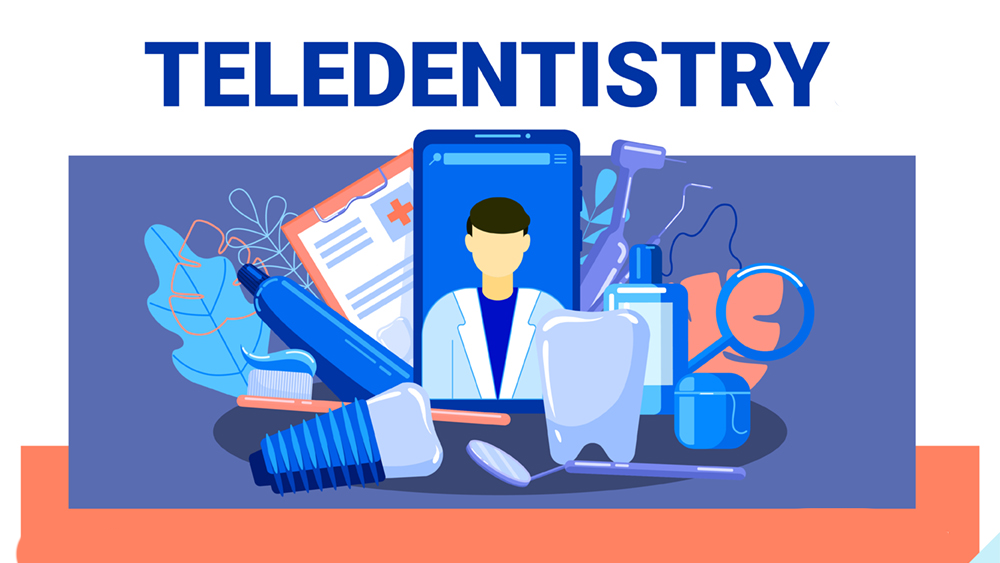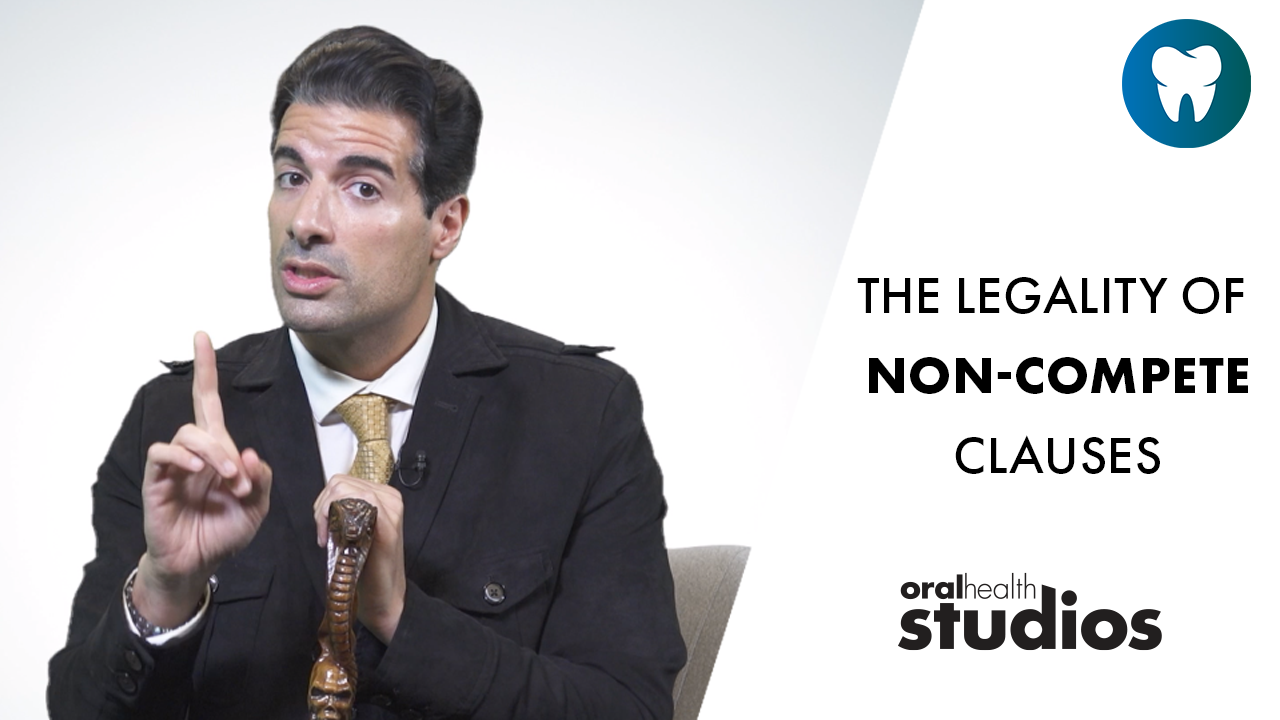
Change for the Better: Are flawed processes holding your team back from experiencing better efficiency, healthier clients, happier employees, and continued practice growth?
Challenge
One of our clients recently disputed her hygiene fees, asserting she wasn’t in the operatory for the entire scheduled time and that the fee doesn’t align with the duration of her visit. As practice manager, how do I safeguard the clinician, the practice, and uphold our reputation?
Solution
This situation holds significant implications for all involved parties and the practice as a whole. If a client is dissatisfied with your response and either escalates the matter to the college or involves insurance companies, it could get complicated. Therefore, it’s crucial to proactively implement measures to both avoid and address such disputes.
Establish a well-defined protocol for tracking client hygiene time in the operatory. Not using a “timestamp” protocol could lead to significant liability implications for the practice during audits conducted by insurance companies or regulatory boards. Therefore, strict adherence to this protocol is imperative to mitigate such risks effectively. The good news is that your existing computer software should help you monitor this time efficiently using these prompts and guidelines:
- As the client arrives, the clinician initiates the “seated” status while walking out of the operatory to greet them.
- The duration between clicking “seated” and fetching the client should not exceed one minute; any delay beyond this timeframe is unacceptable.
- If a client is still completing new client documents at the front desk, they should promptly be ushered into the operatory to finalize the paperwork.
- Treatment procedures can be documented at any point, but the “complete” status must only be clicked at the conclusion of the client’s scheduled time.
- Both the “seated” and “complete” statuses serve as a precise record or timestamp of the time spent by the client for treatment. Any deviation from this protocol exposes the provider to potential audit scrutiny from regulatory bodies or insurance companies.
Require complete documentation by the clinician. Ensure meticulous documentation of each client’s visit, including timestamps for when they were seated and when the treatment was completed. Ensure alignment between timestamps and documentation. Adjust the schedule accordingly for any deviations in appointment timing. This serves as a backup to the timestamp protocol and falls under the responsibility of clinicians, as it safeguards our license from scrutiny. This is not the responsibility of the ADM.
Train all team members. Ensure comprehensive training for all team members. Every clinician newly joining the practice must undergo training on timestamp usage and documentation standards. Additionally, it’s important to periodically remind even experienced hygienists about the significance of consistently adhering to the protocol. This ensures that in the event of fee disputes, resolutions can be facilitated effectively.
Maintain transparent client communication. Communicate openly with clients about the billing process and the importance of adhering to the established protocol. It’s ok to discuss the significance of recorded timestamps, provincial fee guidelines, and the services rendered.
Resolve disputes effectively. Establish a clear protocol for addressing fee disputes promptly and professionally, ensuring thorough investigation and resolution of each concern. And stay abreast of relevant provincial regulations and legal requirements pertaining to billing practices to ensure full compliance and mitigate liability risks. Just as important, approach fee disputes with professionalism and empathy, acknowledging the validity of each client’s concerns and ensuring he or she receive careful consideration.
By proactively implementing these measures and continuously evaluating and refining your processes, you can effectively address client concerns, mitigate potential liability issues for clinicians and the practice, preserve its reputation, and foster trust and confidence among clients.
About the Author

A passionate educator with 30+ years of clinical and business experience, Gabriele has revolutionized how practices optimize client outcomes, growth, and revenue through her consultancy company, GEM Dental Experts Inc. A former practice owner, published author, dental hygiene program director, quality assurance program assessor, and entrepreneur of the year, Gabriele shares her innovative views on dental hygiene through her work as an advisor for the Oral Hygiene magazine, a public speaker, consultant, educator, and business coach for forward-thinking dental practices. The GEM Dental workshop series is PACE approved and guaranteed to optimize client out-comes and practice revenue. To reach Gabriele, visit www.gemdentalexperts.com.










